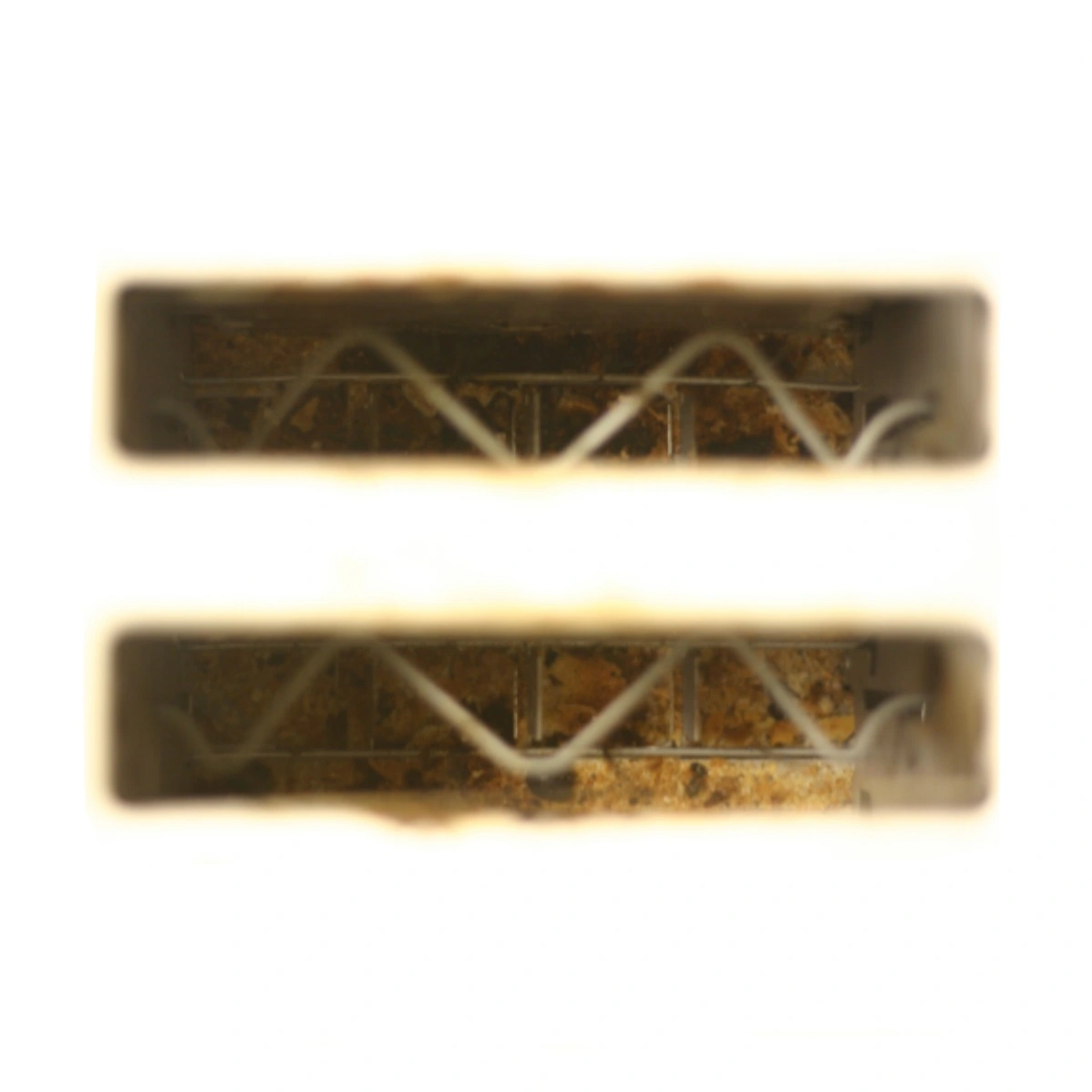This map helps answer the question ‘what will my city’s climate feel like in 60 years?’. By selecting your city of interest this OSM-based map will show you what current location has the most similar climate to that forecast for 2080.
I checked and Orlando, FL will be as hot as south of Mexico City which is clearly wrong. It’ll be cooler since it will be submerged.
Maybe if you’re on a boat, it’ll feel like Mexico City.
Actually I’ve never been but isn’t MC famously below sea level? Really someone just needs to add a waterworld component to the OG map
One of the highest cities in the world. Average elevation is around 2200 meters/7300 ft.
It’s built in a valley. But that valley is in a mountain chain. Or I guess plateau is probably a better description than valley.
Riiight it’s just locally sunk or something which is why it was a swamp?
Edit: big ass lake. Man Señora McPherson would be pissed
This is neat, but I think the impact is diminished by people thinking, “Oh, I live in New York, it’s going to be like Louisiana. I visited there once, it’s not so bad.”
Like, that’s not the point. That change comes with unimaginable devastation and crises. Famine and drought leading to pestilence and war. If you are thinking, “Oh, I’ll get more use out of my beach house,” you’re one of the worst humans alive right now.
All I can think of while seeing “Oklahoma city” is “oh… Shit…”
So much stuff is going to die around here simply because it can’t live in Oklahoma’s climate.
Certain trees have started dying en-masse around me because they were already at their upper tolerance for temperatures and water.
I haven’t yet looked at the map (I will!), but I’m struck by the idea that perhaps a map should exist that shows how USDA hardiness zones will shift. (I mean - according to best guesses.)
If I had the ability, it would be interesting to make a map that asks users what their favorite local tree or animal is, and tells them how long it will be able to survive near them. Nearly impossible to account for all use cases, but I digress. Even simpler - Go for a map of state trees, flowers, and animals with extinction times for each to let folks know how long each state can hold onto its signature species. Well, for the ones that aren’t already gone, anyway.
Comparing my city with a city I’ve never been to isn’t all that helpful.
Luckily the internet exists and allows you to see present day conditions without going to the place yourself!
Cool map. Brutal data.
Bad news: 10 degrees hotter.
Good news: I’ll have been dead for decades by then.
No no no. We’re discovering immortality next decade. You get to experience all of it.
“Oh god, why can’t I die??”

Yikes 10°F hotter all year round and 5-25% wetter
Northern Utah won’t shidt much but the higher temps probably means less snow and more rain during the winter. That’s going to mess up a lot. The system is basically dependent on snowpack.
The ski industry going under might have more positives than negatives overall, though.
My city will apparently get up to 112F with 100% humidity in the summer… Fun
Pretty sure that exceeds wet bulb temps… so many people are going to die.
Woof. Chicago feeling like Tulsa might be moderated a bit if you’re close to the lake.
Close to that in general though will suck. I’ve been through Tulsa and OKC in the summer and thanks no thanks.
I’m thinking about those poor suckers on the other side of the lakes, catching all the humidity the prevailing winds are going to pick up. Michigan is more or less flat from the last glacial period and it’s only just barely not one big marshland. They’d better start building houses on stilts and investing in improving their drainage systems.
Buffalo catches hell from lake effect snow, but just wait until there’s lake effect monsoons.I think people are going to start living nocturnal lifestyles
Interesting… Linz (Austria) will only “move” some 500 km but Hamburg (Germany) 3x farther, ending up further south. Are we really expecting the North Atlantic to heat up more significantly than the continental climate, especially with the potential disruptions to the Gulf Stream?





